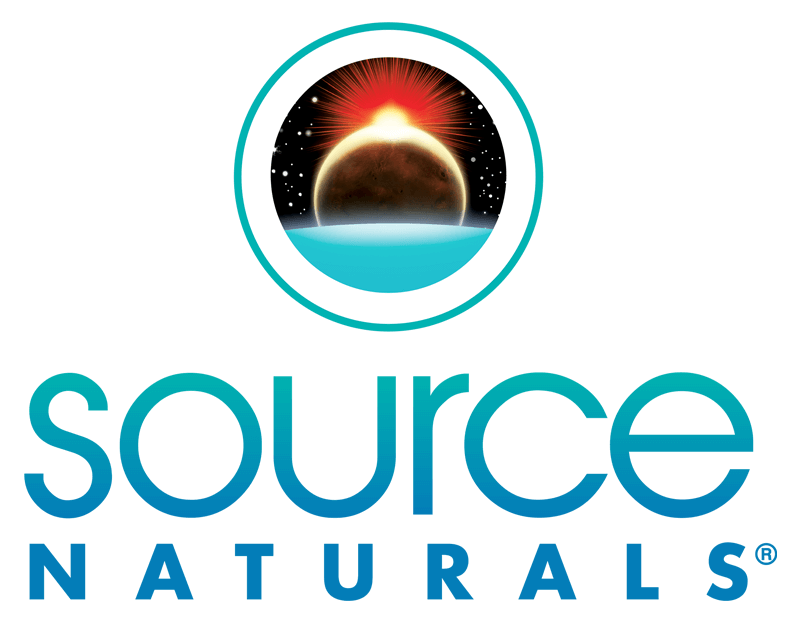Understanding Migraines:
Causes, Symptoms, and Holistic Approaches
Migraines are complex and debilitating headaches that often come with a range of symptoms beyond intense head pain. While the precise cause of migraines is not fully understood, a combination of genetic, environmental, and neurological factors is believed to contribute to their occurrence. In this comprehensive exploration, we’ll delve into the characteristics of migraines, common triggers, and then shift our focus to holistic approaches, including vitamins, supplements, and nutrition, that may offer relief or aid in the management of migraines.
Characteristics of Migraines: Migraines are characterized by severe, throbbing headaches typically localized to one side of the head. The pain is often accompanied by other symptoms such as nausea, vomiting, sensitivity to light and sound, and visual disturbances known as auras. Migraine attacks can last for hours to days, significantly impacting an individual’s daily life and functioning.
Common Triggers for Migraines: Identifying triggers is a crucial aspect of managing migraines. Triggers can vary widely among individuals, but some common ones include:
- Dietary Factors: Certain foods and drinks, such as chocolate, caffeine, alcohol, and certain additives, may trigger migraines in some individuals.
- Stress: Emotional or physical stress is a well-known trigger for migraines. Managing stress through relaxation techniques and mindfulness may be beneficial.
- Hormonal Changes: Hormonal fluctuations, especially in women, can trigger migraines. This includes changes during the menstrual cycle, pregnancy, and menopause.
- Environmental Factors: Bright lights, loud noises, and strong odors can be migraine triggers for some individuals.
- Weather Changes: Changes in weather patterns, particularly shifts in barometric pressure, have been associated with migraines in some people.
- Sleep Disruptions: Lack of sleep or irregular sleep patterns can contribute to the onset of migraines.
- Dehydration: Insufficient hydration can be a trigger, making it important to maintain adequate fluid intake.
Holistic Approaches for Migraine Management: While medication is often prescribed to manage migraines, a holistic approach that addresses lifestyle factors, nutritional choices, and supplement intake can play a complementary role in migraine prevention and relief. Here are some key elements of a holistic approach:
- Vitamins and Supplements:
- Riboflavin (Vitamin B2): Riboflavin has shown promise in reducing the frequency and severity of migraines. It is involved in energy production and may play a role in regulating mitochondrial function. The typical recommended dose is 400 mg per day.
- Magnesium: Magnesium deficiency has been linked to migraines, and supplementing with magnesium may help reduce the frequency of attacks. The recommended dosage varies, but it is often in the range of 400-600 mg per day.
- Coenzyme Q10 (CoQ10): CoQ10 is an antioxidant that plays a role in energy production. Some studies suggest that CoQ10 supplementation may reduce the frequency and severity of migraines. The typical recommended dose is around 100 mg per day.
- Butterbur (Petasites hybridus): Butterbur is an herbal supplement that has demonstrated efficacy in reducing the frequency of migraines. It is important to choose a product labeled “PA-free,” indicating that it has been processed to remove potentially harmful pyrrolizidine alkaloids. The typical recommended dose is 75 mg twice daily.
- Feverfew (Tanacetum parthenium): Feverfew is another herbal remedy that has been studied for its potential in migraine prevention. It is believed to have anti-inflammatory and vasodilatory effects. The typical recommended dose is 50-100 mg per day.
- Vitamin D: Some studies suggest a link between low vitamin D levels and increased migraine frequency. Ensuring adequate sun exposure or taking vitamin D supplements may be beneficial. The recommended dosage varies, but common ranges are 1,000 to 2,000 IU per day.
- Nutrition:
- Hydration: Dehydration is a known trigger for migraines. Maintaining adequate hydration by drinking enough water throughout the day is essential.
- Balanced Diet: A well-balanced diet that includes a variety of nutrient-rich foods can contribute to overall health and potentially reduce the risk of migraines. Some individuals find relief by following specific diets, such as the low-tyramine diet or the elimination diet, to identify and avoid trigger foods.
- Omega-3 Fatty Acids: Omega-3 fatty acids, found in fatty fish, flaxseeds, and walnuts, have anti-inflammatory properties. Including sources of omega-3s in the diet may be beneficial for some individuals.
- Lifestyle Factors:
- Regular Sleep: Establishing a consistent sleep routine and ensuring an adequate amount of sleep can contribute to migraine prevention.
- Stress Management: Stress is a common trigger for migraines. Incorporating stress management techniques such as meditation, yoga, or deep breathing exercises may help reduce the frequency and severity of attacks.
- Regular Exercise: Engaging in regular physical activity has been associated with a lower risk of migraines. However, intense or sudden exercise can trigger migraines in some individuals, so finding a balance is essential.
Individualized Approaches and Professional Guidance: It’s crucial to recognize that the effectiveness of holistic approaches can vary among individuals. What works for one person may not work for another, and personalized strategies may be necessary. Additionally, individuals with migraines should consult with healthcare professionals before starting any new supplement regimen to ensure safety and assess potential interactions with medications.
Conclusion: Migraines are complex and often challenging to manage, requiring a multifaceted approach that considers individual triggers and incorporates both medical and holistic strategies. While medications may play a significant role in migraine management, the integration of vitamins, supplements, and nutritional choices into a holistic approach can offer additional support and potential relief for some individuals. A personalized and comprehensive plan, guided by healthcare professionals, addresses the unique needs of each person, promoting a better quality of life and minimizing the impact of migraines on daily functioning.
We hope you found the information provided by Thera-Mineral valuable and insightful. At Thera-Mineral, we are dedicated to offering high-quality supplements to support your health and well-being.
If you have any further questions, need additional information, or would like to explore our range of supplements, please don’t hesitate to reach out. You can contact us at our office located at 25216 Grogan’s Park Dr. Suite A, The Woodlands, TX 77380. Our friendly team is ready to assist you by phone at 855-472-2569 or via email at support@theramineral.com.
For your convenience, most supplements are available on our website, theramineral.com. However, if you don’t find a specific product on the site, our dedicated staff can help you place an order, and we’ll ensure it’s delivered to your place of choice.
We appreciate your trust in Thera-Mineral, and we look forward to being a reliable partner on your journey to optimal health. Thank you again for being part of our community!


















